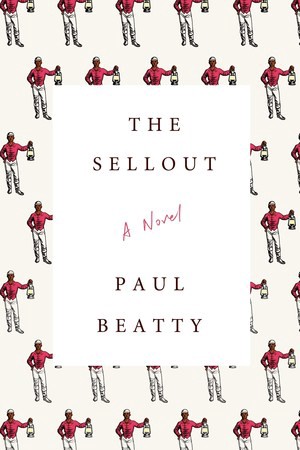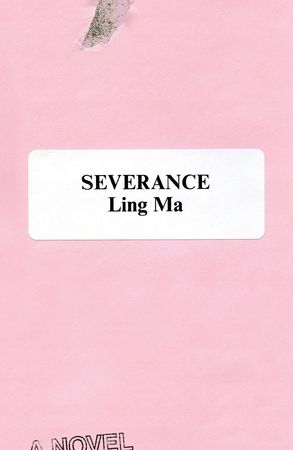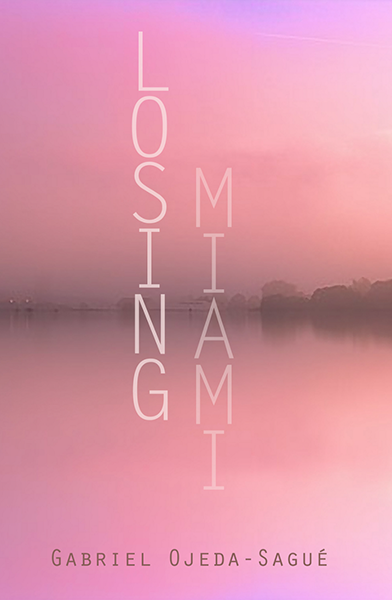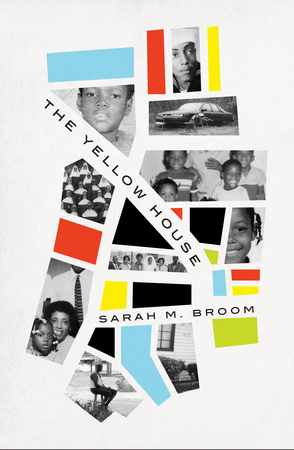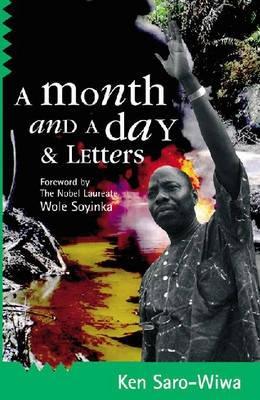Electric Lit relies on contributions from our readers to help make literature more exciting, relevant, and inclusive. Please support our work by becoming a member today, or making a one-time donation here.
.
Gov. Pritzker issued a stay-at-home order for Illinois starting on March 21st. Ever since then, I’ve been watching Chicago out of my third-floor apartment window, walking the streets of Chicago with my daughter (both of us masked, edging around others at a six-foot distance), and all the time, missing Chicago. It’s right there, out my window. It’s right there, on Clark Street, Broadway, Devon. But it may as well be 2000 miles away.
COVID, I know, will change my city, has already changed my city. I’m afraid to imagine all the ways it will change my city. Will my favorite restaurants, bars, bookstores make it? Will I still get to make a wish on a gingersnap at Simon’s Tavern over a mug of glögg in the implacable Chicago winter? What about Ravenswood Used Books, where I could ask—mustering my courage, controlling my blush—the shop owner, a titillating cross between Rupert Giles and the Outlaw Josey Wales, for some obscure bit of fiction, and he’d always know whether he had it and where in his teetering piles to find it?
What will be left, when all of this passes? It makes me gut-wrenchingly homesick, just thinking about it.

I’m not from Chicago. I grew up in Louisiana, raised by a Cajun French family whose language may not see another generation of speakers, in a state that has been losing a football-field size plot of land to coastal erosion, on average, every hour since 1985. Preemptive nostalgia is a way of life. I can’t remember a time when I was not aware that home would not always be what I knew it to be, that it would, both figuratively and literally, disappear. My story collection, Last One Out Shut Off the Lights, is about the damage done to the spirit by a dying homeplace, but it’s also about the awful yearning you feel when you’re homesick for a place that does not exist anymore—and maybe never did exist as you imagined it. That loss may be due to climate change, gentrification, war, or even a change in oneself—a growing up or a growing away. In 2020, it’s due, at least some, to pandemic.
Here are some of my favorite literary expressions of that peculiar brand of homesickness.
Fiction
The Sellout by Paul Beatty
With satire that will singe your eyebrows, Paul Beatty tells the story of Bonbon, a young Black man raised in Dickens, an “agrarian ghetto” on the outskirts of Los Angeles. After racially profiled and much maligned Dickens is removed from the California map, Bonbon campaigns to redraw the borders (literally, with white paint, but in other ways too) of a home that is oppressed, oppressive, and still, despite that, home.
Inheritors by Asako Serizawa
The interwoven stories in this new collection by Asako Serizawa follow a Japanese family through 150 years of history. In a kaleidoscope of places and points of view, Serizawa explores the lives of characters whose sense of home and history is disrupted by war, imperialism and migration.
Severance by Ling Ma
Ling Ma’s Severance is a literary zombie-apocalypse novel, irresistible as a stack of sugar cookies but packing a wallop of heartbreak. A mysterious illness transforms its victims into walking dead, doomed to act out repeating loops of nostalgia until they waste away completely. Meanwhile, the central character Candace Chen photographs devastated, empty New York, her adopted home, reluctant to leave even as her world is falling apart around her.
Poetry
Losing Miami by Gabriel Ojeda-Sagué
The bilingual and prose poems in Losing Miami reflect on Gabriel Ojeda-Sagué’s Cuban American upbringing and the potential loss of his home city to rising sea levels. Ojeda-Sagué wonders “what it would be like to be exiled from Miami, to have the city be an effect only of memory and simulation as Havana is for the Cuban exile generation, to have any description of the city be a dangling modifier.”
Everything Must Go by Kevin Coval & Langston Allston
In this collection of poems and illustrations, poet Kevin Coval and artist Langston Allston take on the gentrification of Wicker Park and Humboldt Park in Chicago. “Humboldt’s beautiful,” Coval writes, “& changing like all / the neighborhoods / for how long / we will live / here / how long / will we call / this / home.”
Flood by J. Bruce Fuller
My Louisiana Cajun compatriot J. Bruce Fuller’s poems place two floods in counterpoint: the Mississippi River Flood of 1927 and the deluge that followed Hurricane Katrina. Drawing on family stories, survivor accounts and personal experience, Fuller reveals how tenuous a home the Mississippi Delta is. In the title poem, he writes of the river, “If she dries up / changes course / we wilt and brown / like chaff / And if she is angry / her belly constricted / by our levees / she will erupt / silt like ash.”
Non-Fiction
The Yellow House by Sarah Broom
Sarah Broom’s memoir The Yellow House explores a family’s long relationship with a beloved but decrepit shotgun house in the forgotten neighborhood of New Orleans East. When Hurricane Katrina wipes away the house and neighborhood and scatters her family across the country, Broom faces a reckoning. “The Yellow House was witness to our lives,” Broom writes. “When it fell, something in me burst.”
Strangers in Their Own Land by Arlie Russell Hochschild
Berkeley sociologist Arlie Russell Hochschild ventures into my hometown of Lake Charles, Louisiana, to make sense of the “Great Paradox,” far-right political activists’ opposition to the federal help they seem desperately to need. With astonishing empathy, Hochschild describes the exasperating, often misguided perspective of people whose home and health have been destroyed by the same petrochemical companies that keep them afloat.
A Month and a Day & Letters by Ken Saro-Wiwa
Before he was executed under Sani Abacha’s military dictatorship in 1995, Nigerian writer and activist Ken Saro-Wiwa led a peaceful movement to hold foreign oil companies like Shell accountable for the destruction of the Ogoni people’s land and waterways in the Niger Delta. A Month and a Day is a record of his detention in 1993 and of his fierce love for a homeland turned wasteland by the callous indifference of the oil industry and the complicity of the Nigerian government.

